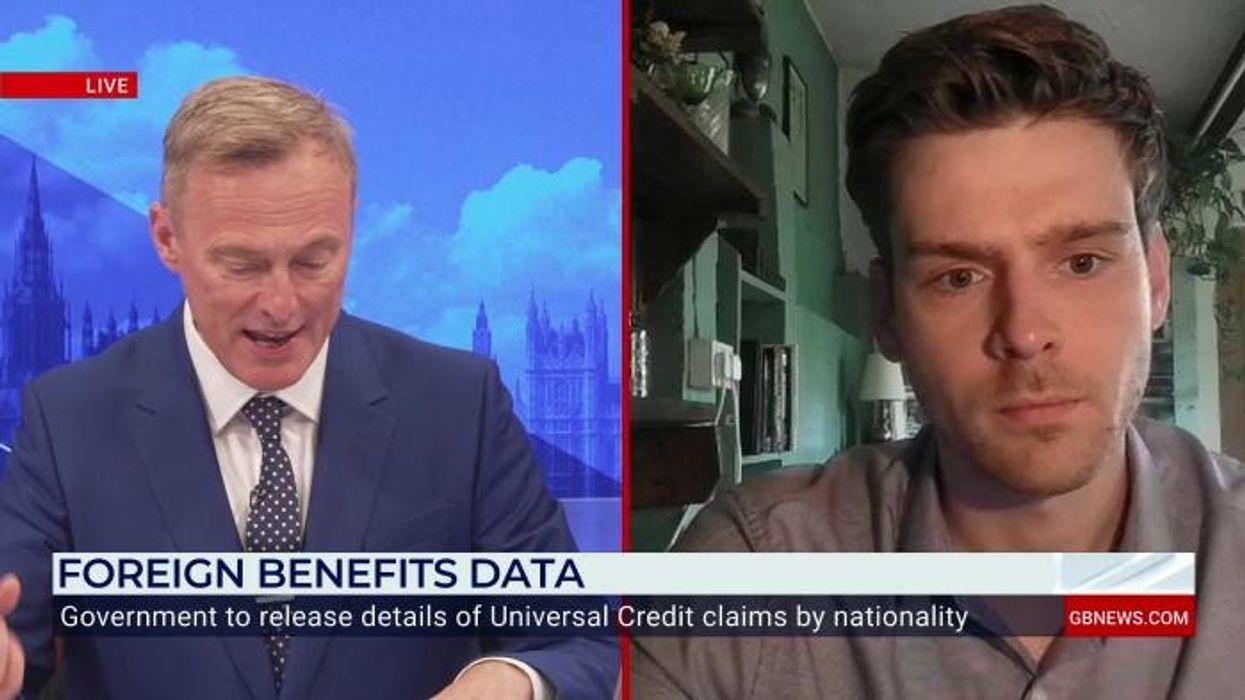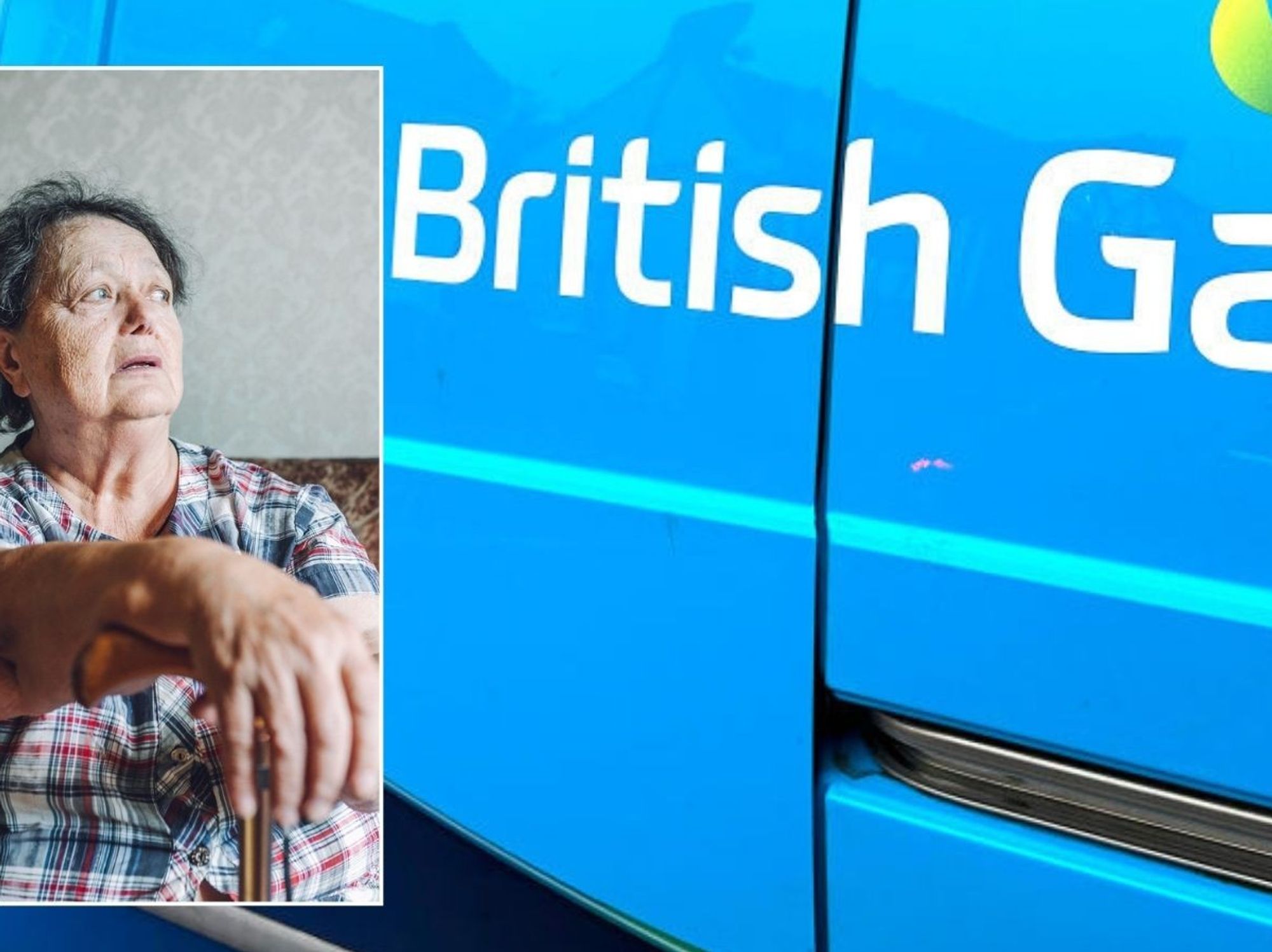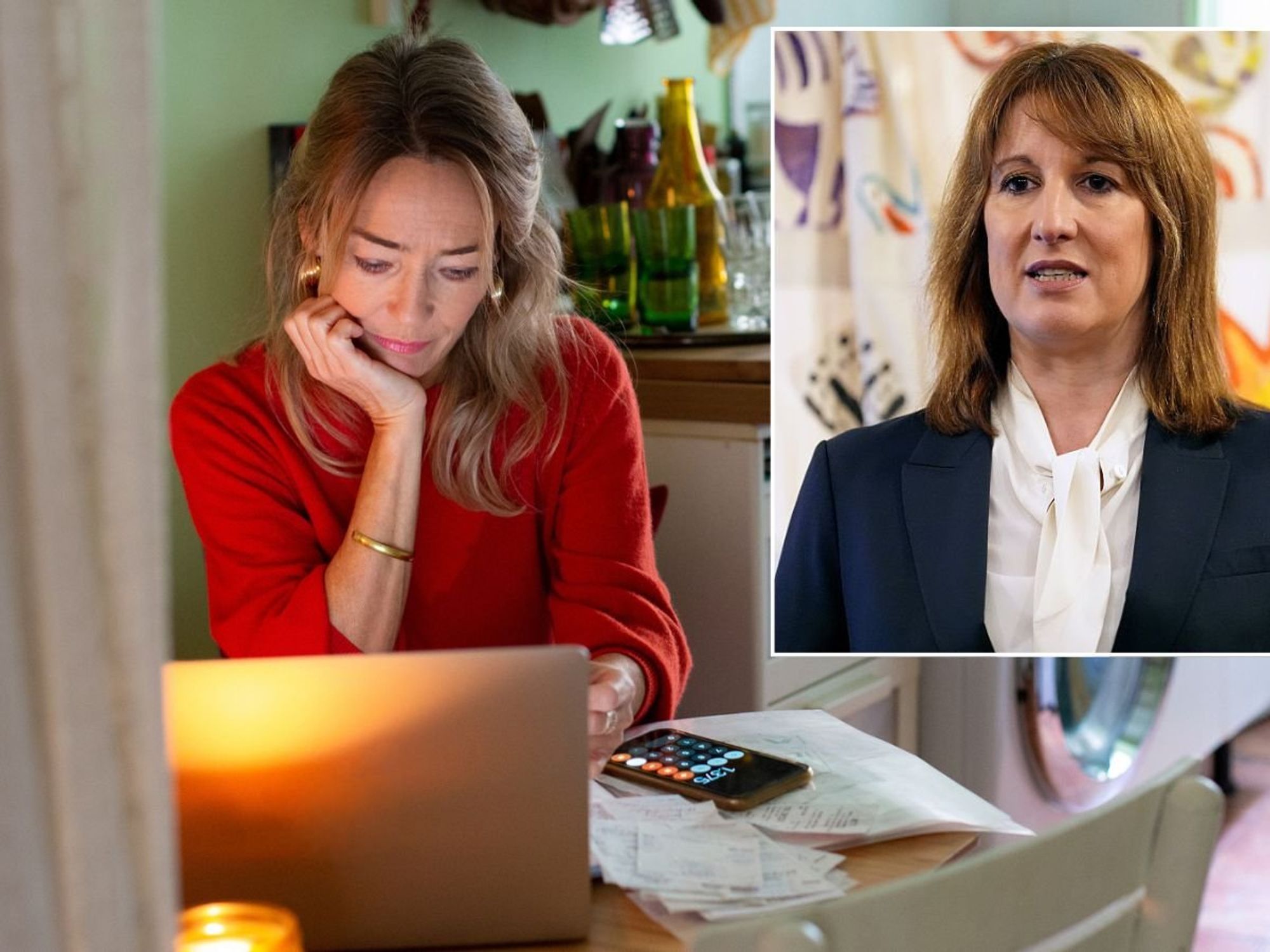DWP alert: 1.6 million children impacted by Universal Credit benefit cap as 'cost of living pressures worsen'

Under the two-child benefit cap, the amount households can receive from the DWP in Universal Credit is limited
Don't Miss
Most Read
Latest
New figures from the Department for Work and Pensions (DWP) reveal that 1,665,540 children were living in households affected by the two-child benefit cap in April, marking a two per cent increase from the previous year.
The data shows 469,780 Universal Credit households were impacted by the policy, which prevents parents from claiming the benefit or child tax credit for more than two children born after April 2017.
This represents an increase of 37,150 children compared to April 2024. The statistics indicate that 453,600 households were not receiving the child element for at least one child due to the restriction.
Plans to remove the controversial policy appear to have been abandoned, with Downing Street sources telling The Sunday Times that proposals to scrap the cap are "dead in the water".
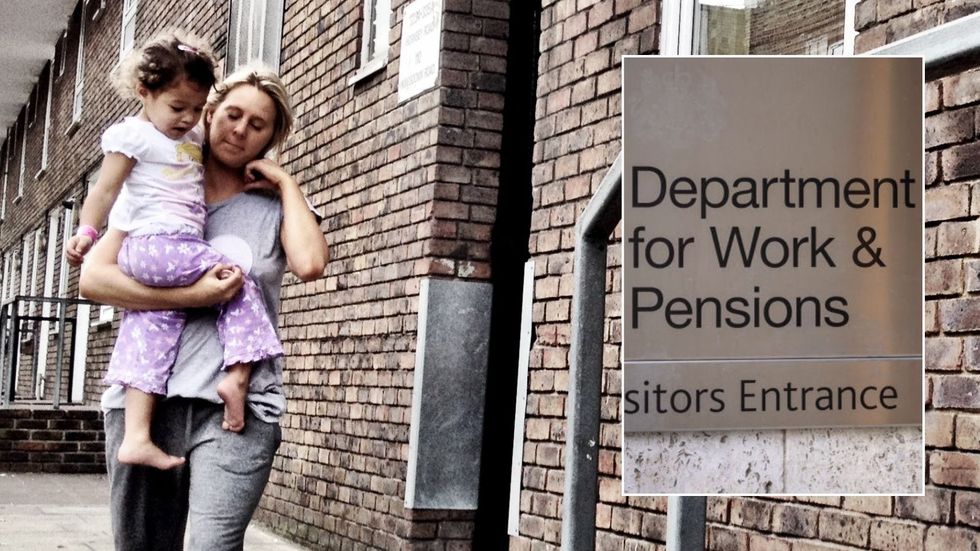
Some 1.6 million children are living in homes impacted by the DWP's two-child benefit cap
|GETTY
The reversal follows Labour's recent £5billion welfare U-turn, which saw backbench MPs rebel against proposed changes to the eligibility criteria for Personal Independence Payments (PIP).
Following this defeat for the Government, a Number 11 source warned MPs that "trade offs" were necessary after avoiding major welfare reforms.
"Whether that's tax rises or not scrapping the two child benefit cap," the Treasury source added .The Prime Minister had reportedly asked the Treasury earlier this year to explore funding options for removing the cap, signalling a potential shift in policy that now seems unlikely to materialise.
The two-child limit, introduced in April 2017, prevents parents from claiming child tax credit or Universal Credit worth up to £3,455 annually for third and subsequent children.
Do you have a money story you’d like to share? Get in touch by emailing money@gbnews.uk.
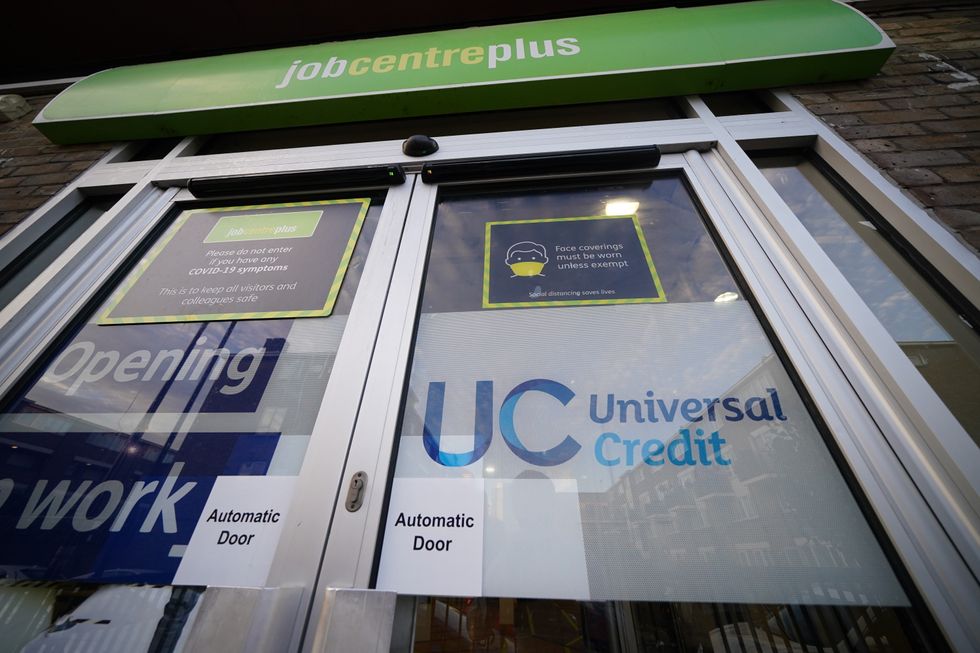 Universal Credit is the primary benefit payment for those out of work | PA
Universal Credit is the primary benefit payment for those out of work | PAAccording to the Institute for Fiscal Studies (IFS), the restriction costs affected households an average of £4,300 each year.
DWP figures indicate approximately 450,000 families were impacted by the cap last year.
Removing the policy would cost an estimated £3.5billion, a figure that has analysts have note will be prohibitive given recent Government spending commitments.
Analysis suggests that lifting the cap would provide thousands of pounds in additional benefits to 180,000 large families where no one is employed.
StepChange Debt Charity criticised the policy as "exacerbating hardship for low income families" and contradicting government commitments to end child poverty.
Peter Tutton, the director of Policy, Research and Public Affairs at StepChange, said: "Since the introduction of the two-child limit, the number of families with more than two children living in poverty has relentlessly increased - the Government must use the new child poverty strategy to end the policy.
LATEST DEVELOPMENTS:
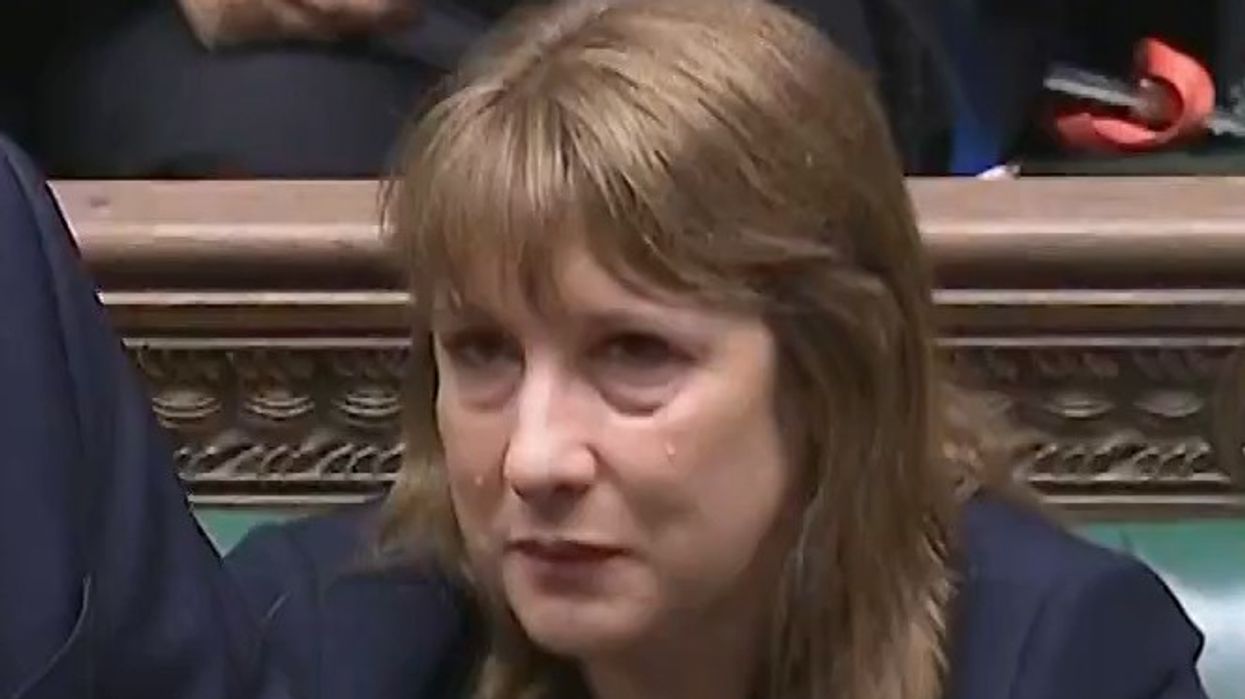
Following Labour's Welfare Bill U-turn, Rachel Reeves was seen crying in Parliament due to a "personal matter" last week
| GBNEWS"People with dependent children are at greater risk of problem debt and financial hardship, which has only worsened in recent years as cost of living pressures have intensified.
"Our data show parents with more than two children are disproportionately represented among StepChange clients seeking debt advice and are significantly more likely to be behind on priority bills.
"We’re calling for a more compassionate social security system, one that helps families cover essential costs and build long-term financial resilience."
A Government spokesperson said: "We are determined to give all children the best possible start in life. Through our Plan for Change, we are reforming the broken social security system to help those who can work into good, well-paid jobs, which is the best way to improve living standards for families.
"We are also rolling out a national network of life-changing family hubs for children across the country as well as expanding free school meals and supporting 700,000 of the poorest families by introducing a fair repayment rate on Universal Credit deductions."
More From GB News


